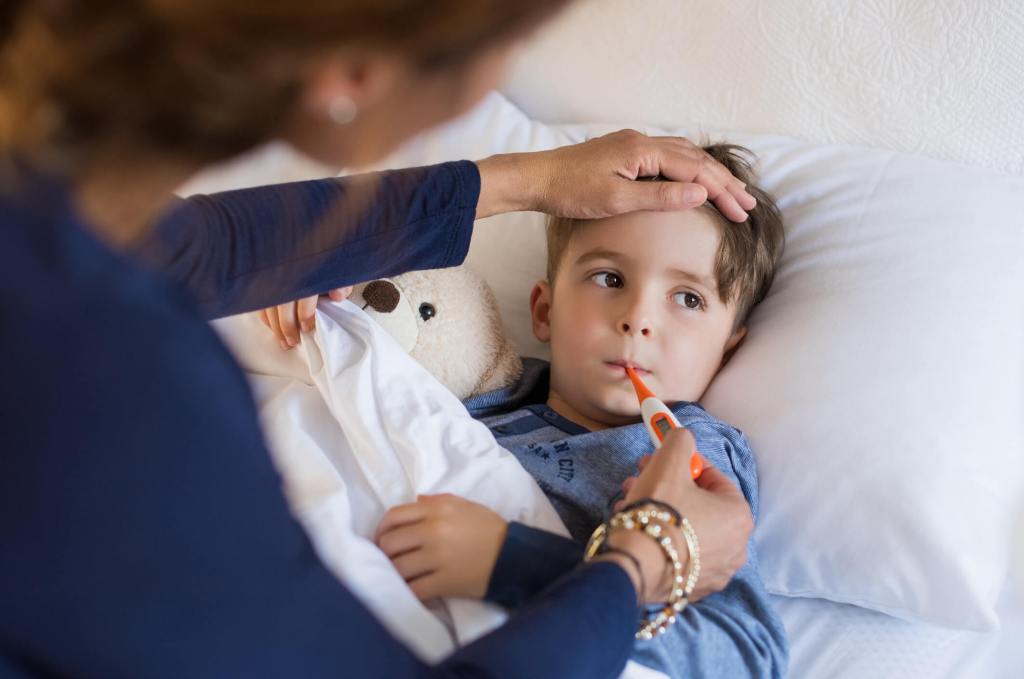In this post:
- What causes pneumonia?
- Oral health and pneumonia
- How to improve your oral health routine
- Accessing affordable dental care
Pneumonia is the single biggest infectious cause of death for both adults and children. Approximately 2,400 children under five die from pneumonia daily. World Pneumonia Day, on November 12, 2023, is intended to raise awareness of the dangers of Pneumonia and reduce the risks that can contribute to the disease.
What causes pneumonia?
Pneumonia is an infection of the lungs caused by bacteria, viruses, or fungi. The infection causes the lungs’ air sacs (alveoli) to become inflamed and fill up with fluid or pus. That makes it difficult for oxygen to get into the bloodstream. The symptoms of pneumonia can range from mild to severe, and include cough, fever, chills, and trouble breathing.
Poor oral health is increasingly being linked to pneumonia. If you have gum disease, you may be inhaling bacteria and other dangerous organisms into your lungs. Studies have shown that the incidence of pneumonia is reduced when people in nursing homes and hospitals maintain good oral health routines.
Oral health and pneumonia
Scientists have a fancy name for your mouth’s ecosystem – they call it the “human oral microbiome.” A big part of that microbiome is bacteria. A single mouth can be home to more than 6 billion bacteria, an impressive number when compared to 7.3 billion total human population of earth.
Those billions of oral bacteria live in diverse communities, where they go about the business of life: being born, working, feeding, defecating, mating, and dying – yes, all this is happening right now in your mouth. Some oral bacteria is harmless, others cause decay, gum inflammation and tooth loss.
The bad bacteria include Streptococcus mutans, which feeds on sugar and starchy carbs and then produces acids that erode your tooth enamel. Streptococcus mutans is the main cause of tooth decay and other oral diseases. Porphyromonas gingivalis isn’t a regular resident of your mouth but shows up when gums are diseased (Periodontitis). Left to run amok it will destroy gum tissue and the alveolar bone that supports your teeth.
See how much you can save with a dental savings plan today.
- Save an average of 50%* at the dentist
- Plans start at $7/mo billed annually
How to improve your oral health routine
Eat healthy
Skip or limit your intake of simple carbohydrates (like foods made with white flour, and sugar). Those bacteria that live in your mouth love to snack on sweets and carbs. Carb-fueled bacteria multiply super-fast and cling to each other, creating a “biofilm” that’s commonly referred to as plaque. Left to linger on your teeth, bacterial plaque is the primary cause of 90% of all dental disease because bacteria secrete acidic waste products. This creates an environment in your mouth that weakens teeth and leads to decay.
Limit the acid
Acidic foods (citrus fruits, vinegary pickles, etc.) and beverages, such as soda, citrus juices, energy and sports drinks and wine can weaken dental enamel, making it easier for tooth decay to occur. Sugar-laden acidic drinks such as citrus juice and citrus-flavored sodas can cause double the dental damage, so be especially vigilant about how often you indulge in them.
Brush gently and thoroughly
Position your toothbrush’s bristles at a 45-degree angle to the surface of the teeth and brush gently in small circles. Brush for three minutes, with a soft brush. Replace the brush every three months – or sooner if the bristles are worn, bent or frayed. Also, replace your toothbrush if you’ve just recovered from a cold, the flu or another ailment. Germs like to lurk in your brush’s bristles. You may want to talk to your dentist or dental hygienist about electronic toothbrushes or the newer brushes that use ultrasound to destroy bad bacteria and debris.
Stay Hydrated
A dry mouth puts teeth at increased risk for erosion, as a healthy saliva flow helps protect teeth from exposure to acid. Drink water, and if you’re still feeling parched try rinsing your mouth with a product designed for dry mouth care and chewing sugarless gum.
See your dentist and hygienist regularly
No matter how devoted you are to at home care, regular exams and professional teeth cleanings are critical. Even people who are super-dedicated to good oral hygiene will inevitably miss a bit of plaque here and there, which can harden into tartar. Removing tartar is not something that you can do effectively at home. Your hygienist will safely clean hardened dental plaque that’s impossible to remove at home, and any trapped debris.
Get a dental savings plan
Dental savings plans (also known as dental discount plans) offer an easy way to access dental care without the complexities and limitations of traditional insurance. If you’ve been putting off seeing the dentist due to cost, join a plan. Plan members report saving an average of 50%* on their dental care.
A trusted alternative to dental insurance, dental savings plans can help you save on a wide range of services, including preventive treatments, restorative care, dentures, and implants. Unlike standard dental insurance, there are no annual spending limits, delays in accessing specific treatments, or paperwork hassles. Many dental savings plans also include savings on vision and hearing care, chiropractic care, prescription drugs, and more.
Wondering which plan can save you the most? At DentalPlans.com, we have 20+ years of experience helping people find their best dental plan, at the best value. Call us at 1-833-735-0399 or use the calculator below for a quick peek at what you can save.
*Discount Health Program consumer and provider surveys indicate average savings of 50%. Savings may vary by provider, location, and plan.
